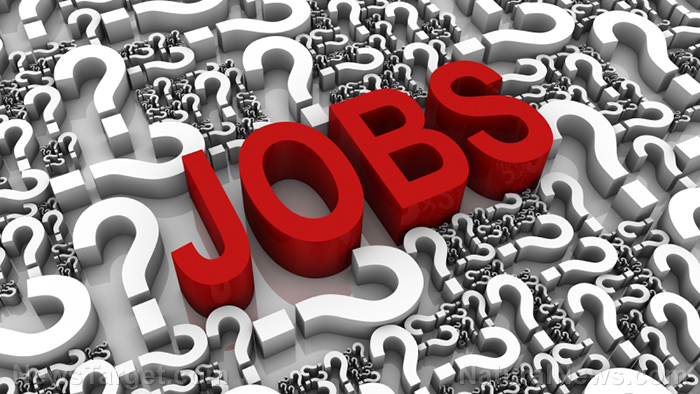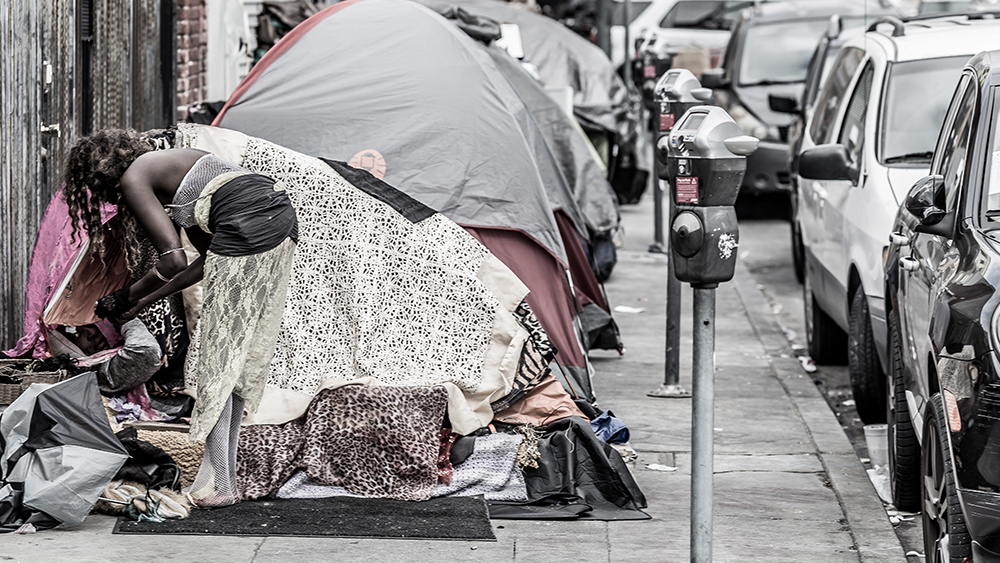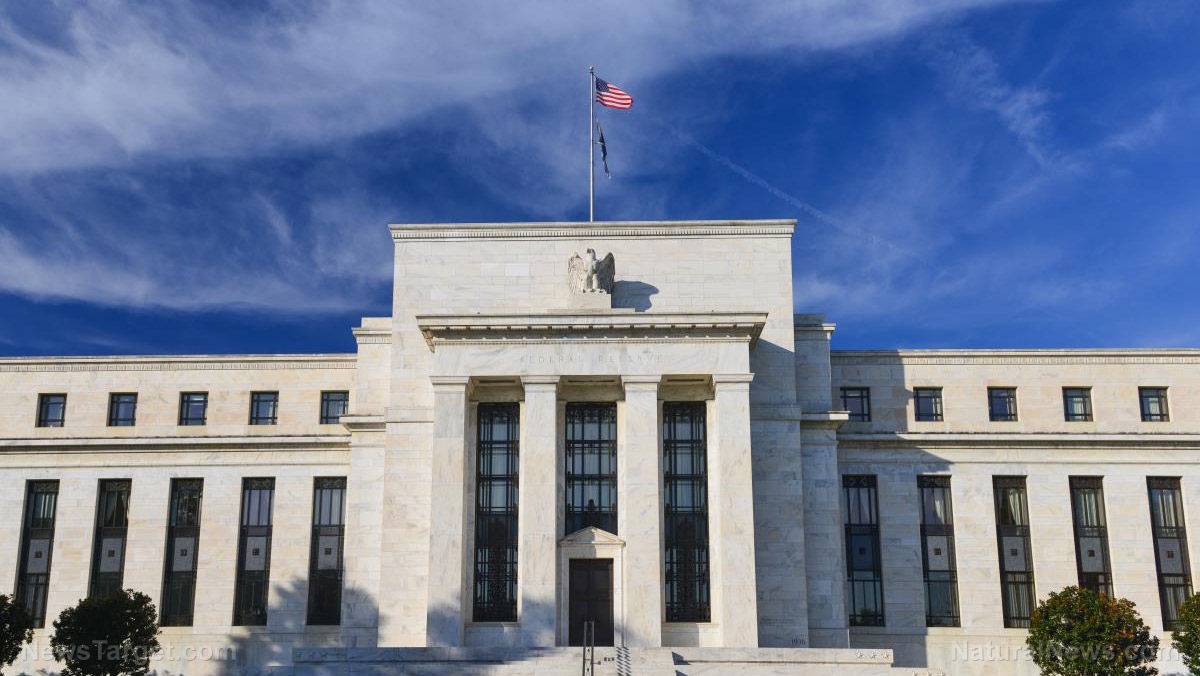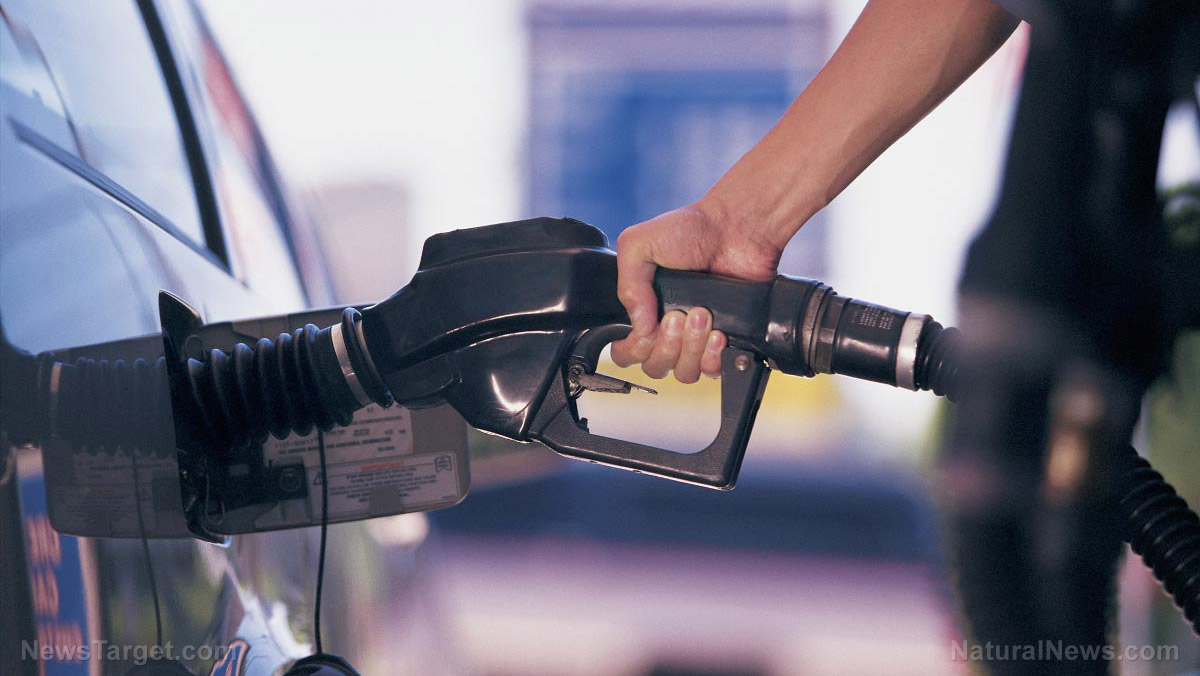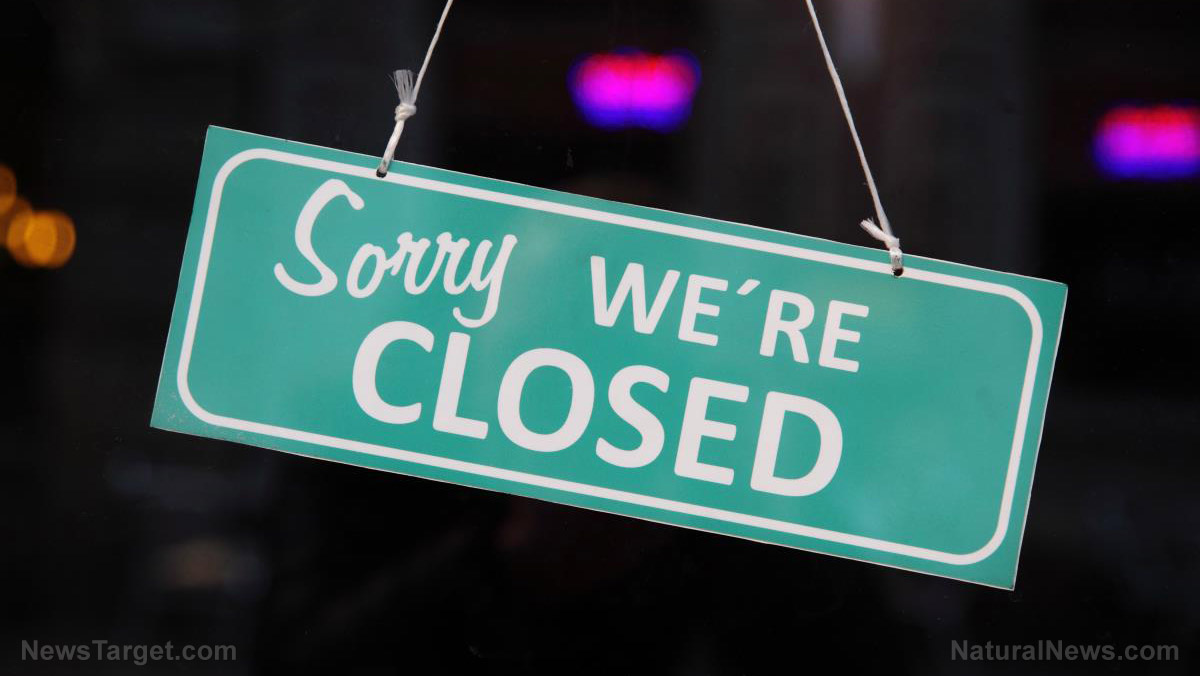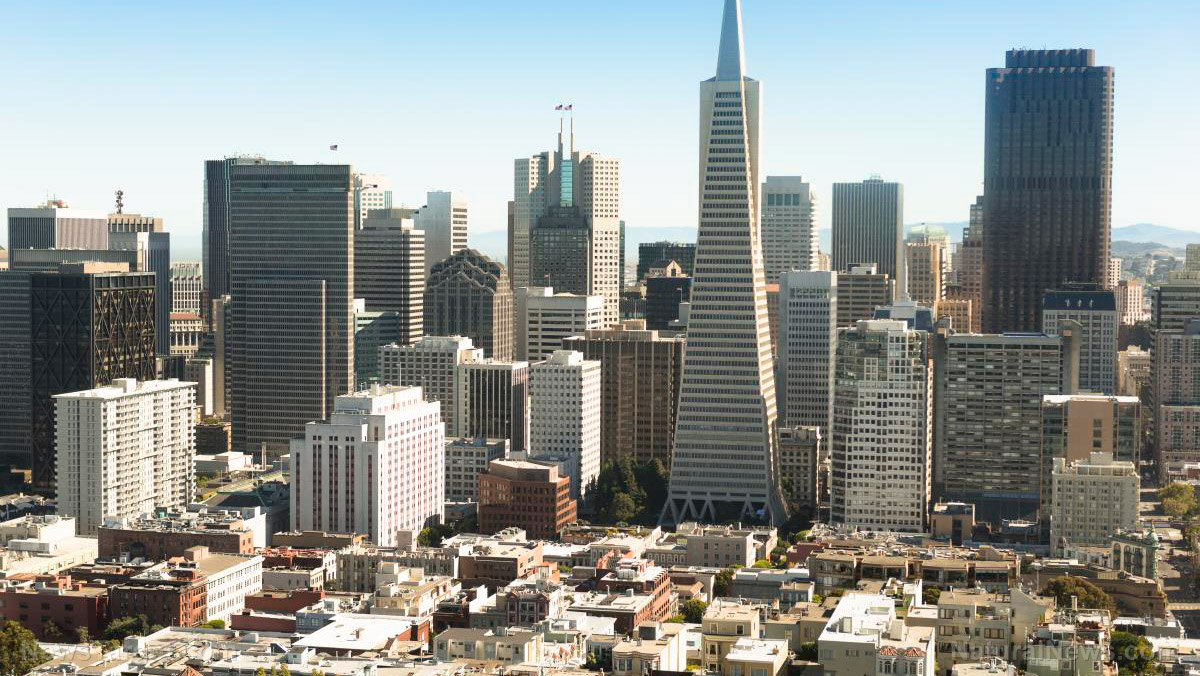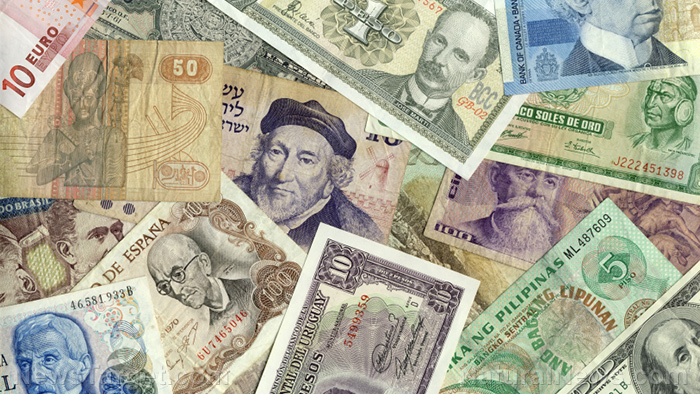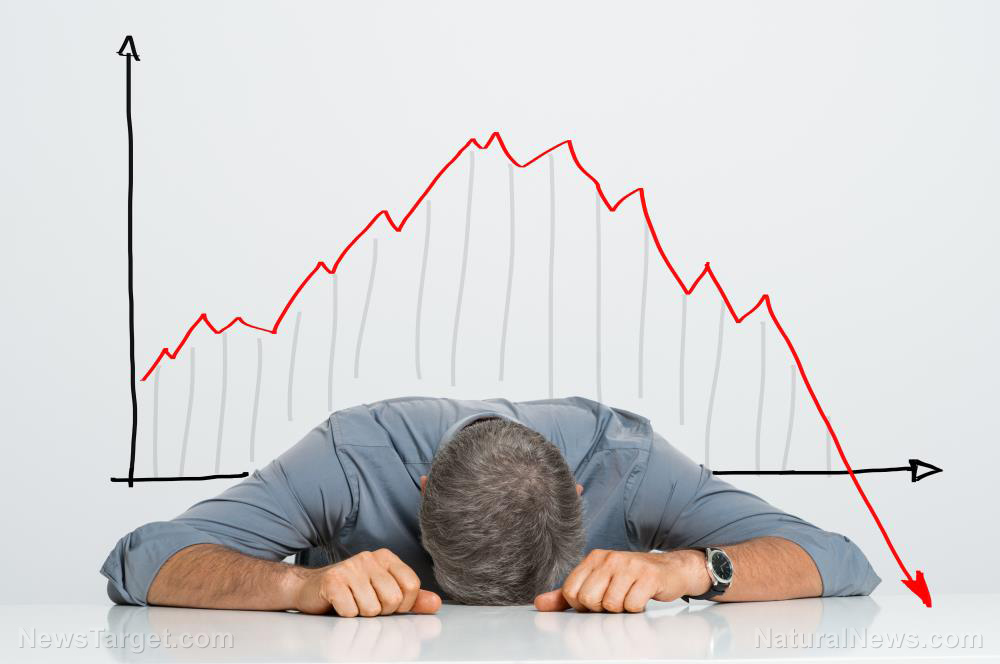Number of Americans defaulting on subprime auto loans nearing levels not seen since the Great Recession
05/09/2023 / By Arsenio Toledo

The number of people defaulting on their subprime auto loans is nearing levels not seen since the 2008 global financial crisis.
This is according to a new report from Florida-based fixed-income asset manager Bramshill Investments. The company’s report noted that inflation and higher interest rates from the Federal Reserve – and as much as 20 percent interest rates on used cars – have been eroding the paychecks of all consumers in the United States.
“It is very apparent to us that it is negatively affecting subprime borrowers – who tend to have lower credit scores and lower incomes – more harshly than others,” wrote portfolio managers Paul Van Lingen and Ara Balabanian in a monthly client note. “All else being equal and continuing the current path, we are assuming defaults and recoveries will continue to deteriorate more toward levels not seen since the [Global Financial Crisis].” (Related: Federal government hides true rate of inflation by changing how CPI is calculated.)
In March, the percentage of American borrowers who hit the 60-plus day delinquency mark reached nine percent for borrowers with credit scores of 550 and below. This is up from a rate of about seven percent in March 2019, a year before the economic restrictions imposed during the Wuhan coronavirus (COVID-19) pandemic decimated American incomes.
Perhaps more alarming than the 60-plus day delinquency rate, the one-month constant default rate for subprime auto bonds – or asset-backed securities – was nearing 12 percent and is on a path toward the 16 percent peak seen in the wake of the Great Recession.
Auto repossessions rising as more Americans fall behind on their car debts
The repossession industry is experiencing a boom as more Americans struggle to pay their bills. This $1.7 billion industry, responsible for repossessing not just cars, but also trucks and boats, is gearing up to massively expand its reach, an effort expected to reverberate through the countless ordinary Americans who are struggling to make ends meet.
This industry took a hit during the COVID-19 pandemic, when taxpayer-funded relief measures for consumers allowed many to keep up with their loans and made business for repos dry up and many agents out of jobs.
“As the economy curves down, our industry curves up,” said Ben Deese, vice president of the North Carolina-based Home Detective Co. and a member of the American Recovery Association, a repo industry group.
Cox Automotive estimated that there were 1.2 million auto repossessions in 2022, up by about 5.3 percent from 2021 but still down from the 1.68 million repossessions in 2019. This is also a far cry from the record 1.77 million repossessions in 2009.
Many Americans have no choice but to own a car, especially in places where public transportation is virtually nonexistent. Many of these Americans had no choice but to sign on to loans for high-priced cars with high-interest rates.
One of those is Sarah Fader, a freelancer from New Haven, Connecticut, who totaled her car in 2021 and was forced to get a 2016 Subaru Crosstrek for $26,000 on a 19 percent interest rate loan from American Credit Acceptance, with a monthly payment of $630.
The 43-year-old single mother of two teenagers quickly found out that this additional bill became unaffordable due to the rising costs of food and gas. Now, she’s behind on both her car payments and her rent. She has tried to raise money by crowdfunding, but still owes more than $1,000.
“Now they’re threatening to repossess my car, and I’m scrambling to come up with back payments,” said Fader. “I don’t have a solution for them, and I could not function without a car here.”
Learn more about the nation’s collapsing economic situation at MarketCrash.news.
Watch this clip from “Barron’s Insight” on Fox Business as guest Al Root discusses how automakers are finding new ways to earn revenue outside of simply just selling more cars.
This video is from the News Clips channel on Brighteon.com.
More related stories:
Homeowners with good credit being PUNISHED with Biden redistribution of high-risk loan costs.
Real estate giant Brookfield defaults on $161M in loans for DC office buildings.
A tsunami of debt worth more than $1.5 trillion coming due for commercial property owners.
Used car prices drop 14.2% due to influx of new cars, higher borrowing costs.
Sources include:
Submit a correction >>
Tagged Under:
auto loans, Auto repossessions, bubble, car loans, collapse, covid-19, debt bomb, debt collapse, default, economic collapse, economics, economy, finance, financial crash, market crash, money supply, pensions, repossessors, risk, subprime loans
This article may contain statements that reflect the opinion of the author
RECENT NEWS & ARTICLES
COPYRIGHT © 2022 EconomicRiot.com
All content posted on this site is protected under Free Speech. EconomicRiot.com is not responsible for content written by contributing authors. The information on this site is provided for educational and entertainment purposes only. It is not intended as a substitute for professional advice of any kind. EconomicRiot.com assumes no responsibility for the use or misuse of this material. All trademarks, registered trademarks and service marks mentioned on this site are the property of their respective owners.

